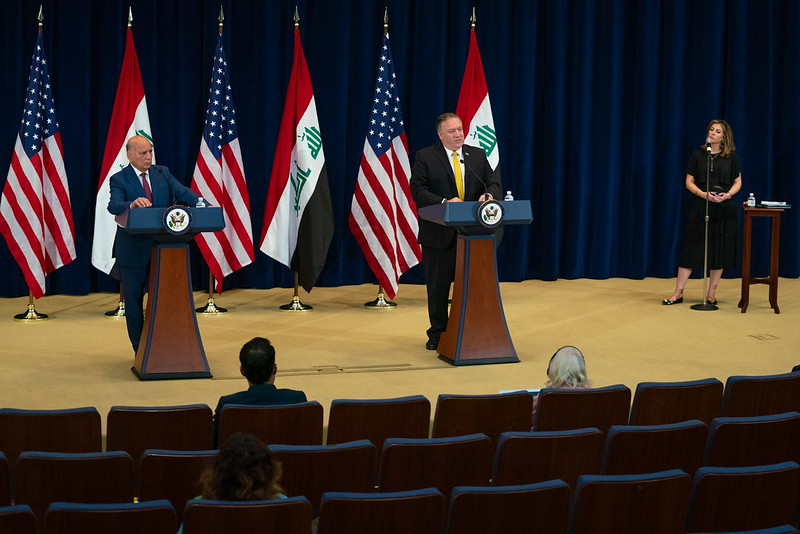
Cautiously and carefully, Prime Minister Mustafa al-Kadhimi’s government has successfully passed its 100-day test — a decade-old tradition for Iraqi leaders where they are expected to improve services in an impossibly short time frame. Al-Kadhimi was pushed to the helm following what has effectively become the first major grassroots popular uprising in Iraq after democratization in 2003 — an uprising that toppled his predecessor, Adel Abdul-Mahdi.
Surprising established political elites and pundits alike, the prime minister’s decision to set June 2021 as a tentative date for elections has caught the political order off guard. This has spurred activity among Baghdad’s political headhunters; they are seeking young, educated, energetic, and ambitious fresh blood to inject into existing or new political or even apolitical organizations. This creates an opening to sow the seeds of change, if the opportunity is properly utilized.
Iraq’s delegation is set to arrive in Washington for talks this week after nearly a year of political, economic, and social turmoil back home. Jobless and hopeless, young Iraqis took to the streets last fall demanding change — a change they themselves seem not to have fully fathomed the intricacies of yet.
Read More on Middle East Institute










